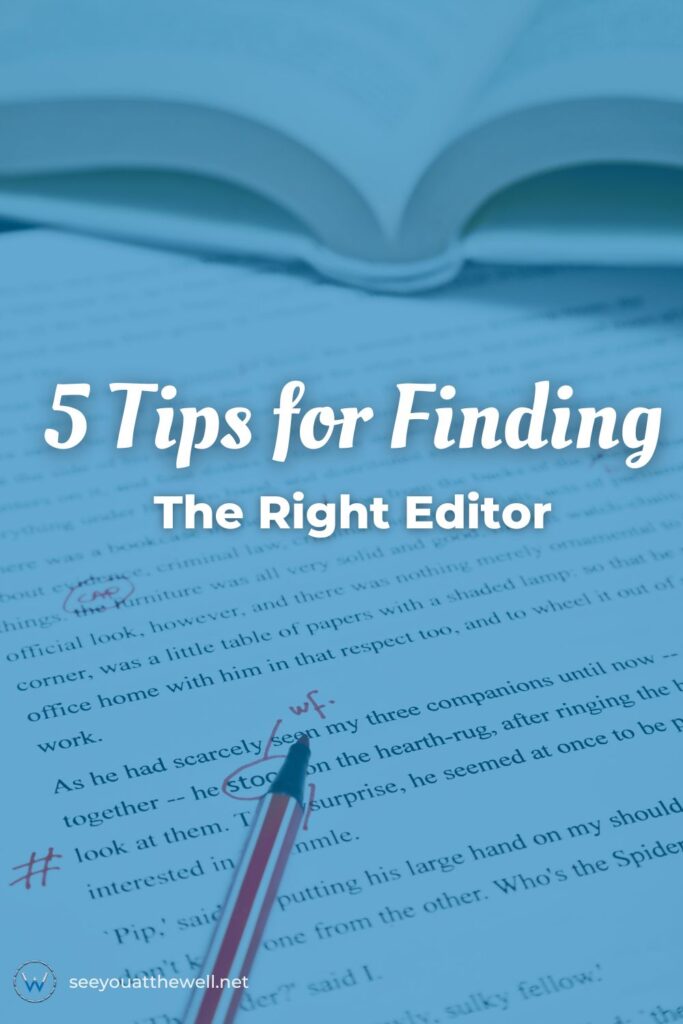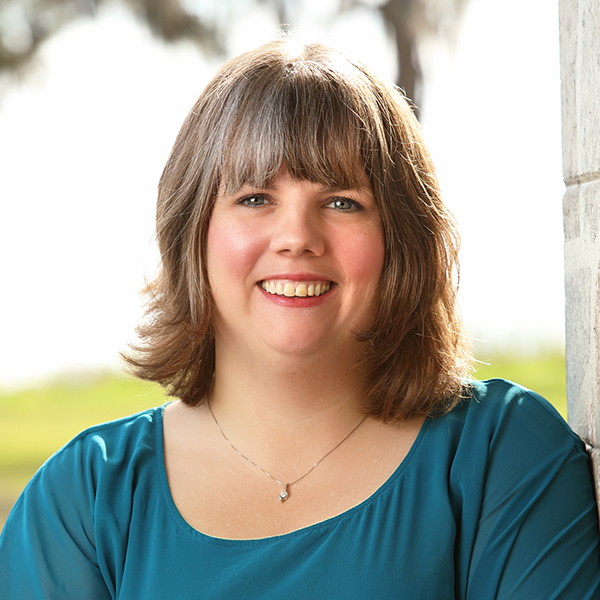Earlier I addressed the topic of understanding editing – what’s the difference between a macro, line, and copy edit. That post inspired this comment:
“Do you have any tips for finding an editor or a fair way to judge their skill/your teamwork potential? I wouldn’t want to waste an editors time if we won’t work well together or don’t see eye to eye.”
I didn’t think I could do that question justice in the comment section, so here’s a follow-up to it. Here are my suggestions for finding the right editor.
- Check editing credentials, not writing credentials. Just because some has written and published a book is no guarantee that he will be a good editor. Look at what he has done/is doing in the world of editing, such as:
- Professional affiliation: Is he a member of any professional associations? (This isn’t a guaranteed standard, but association memberships cost money, and most people won’t invest in them if they aren’t serious about their craft.)
- Accreditations/Certificates: I’m a certified fiction substantive editor with the Christian Editors Connection – to be listed as such, I had to pay a fee and take a test to prove that I know what I’m doing. Anyone else with that accreditation has done the same.
- Awards/Honors: Has he been recognized as a top editor? By whom?
- Resources: Does he blog about writing/editing tips? Has he taught writing/editing classes online or at conferences?
- Get referrals. You can’t beat word-of-mouth referrals. Ask other authors who they’ve used. You can also check the acknowledgement section of books to see if the author thanks his or her editor.
- Check the internet. To save you some work, these are two that I recommend: the Christian Editors Connection is the place for connecting with Christian editors of all types and genres (in my opinion) and the Editorial Freelancers Association.
- Contact the editor. I don’t know a single editor who won’t respond to queries about his or her services. Send an email and ask questions. Your interaction with the editor will give you a feel for the relationship you can expect.
- Trust your gut. If you’re a person of faith, pray about it. Otherwise, go with your gut. Just because an editor has a great reputation doesn’t mean he’s a good fit for you. Editing is very personal (you’re asking someone to point out all of your mistakes!), so it needs to be someone you’re comfortable with.

Notice that I didn’t recommend asking to read which books an editor worked on – here’s why:
- An editor has no control over whether or not a book will be published. Even if the manuscript is polished to perfection, it may not find a home at a publisher (or it may be several years before it’s printed).
- Just because someone edited a book doesn’t mean the author took the editor’s suggestions.
There you have it – my suggestions for finding the right editor. If you have other criteria that you used to find your editor, I’d love to hear about it!

